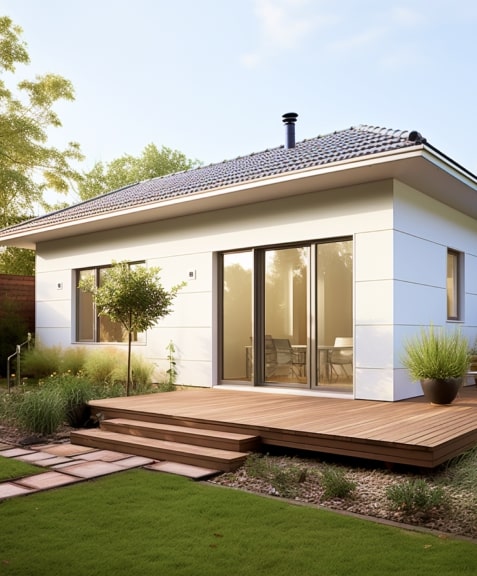
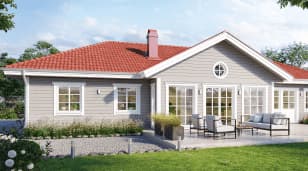


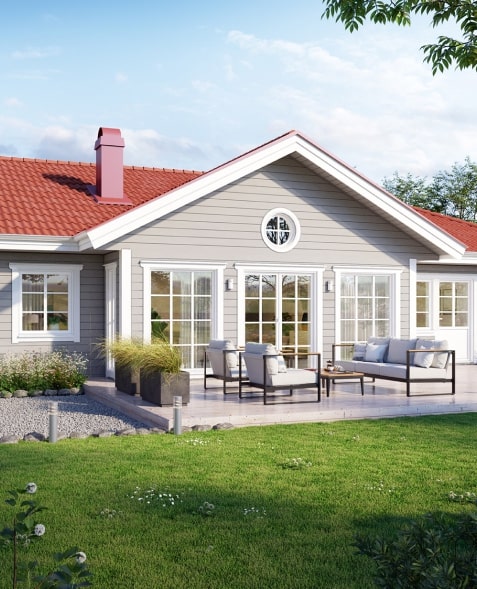
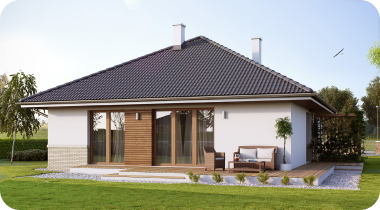
A link to download your FREE brochure will be in your inbox in 3 minutes
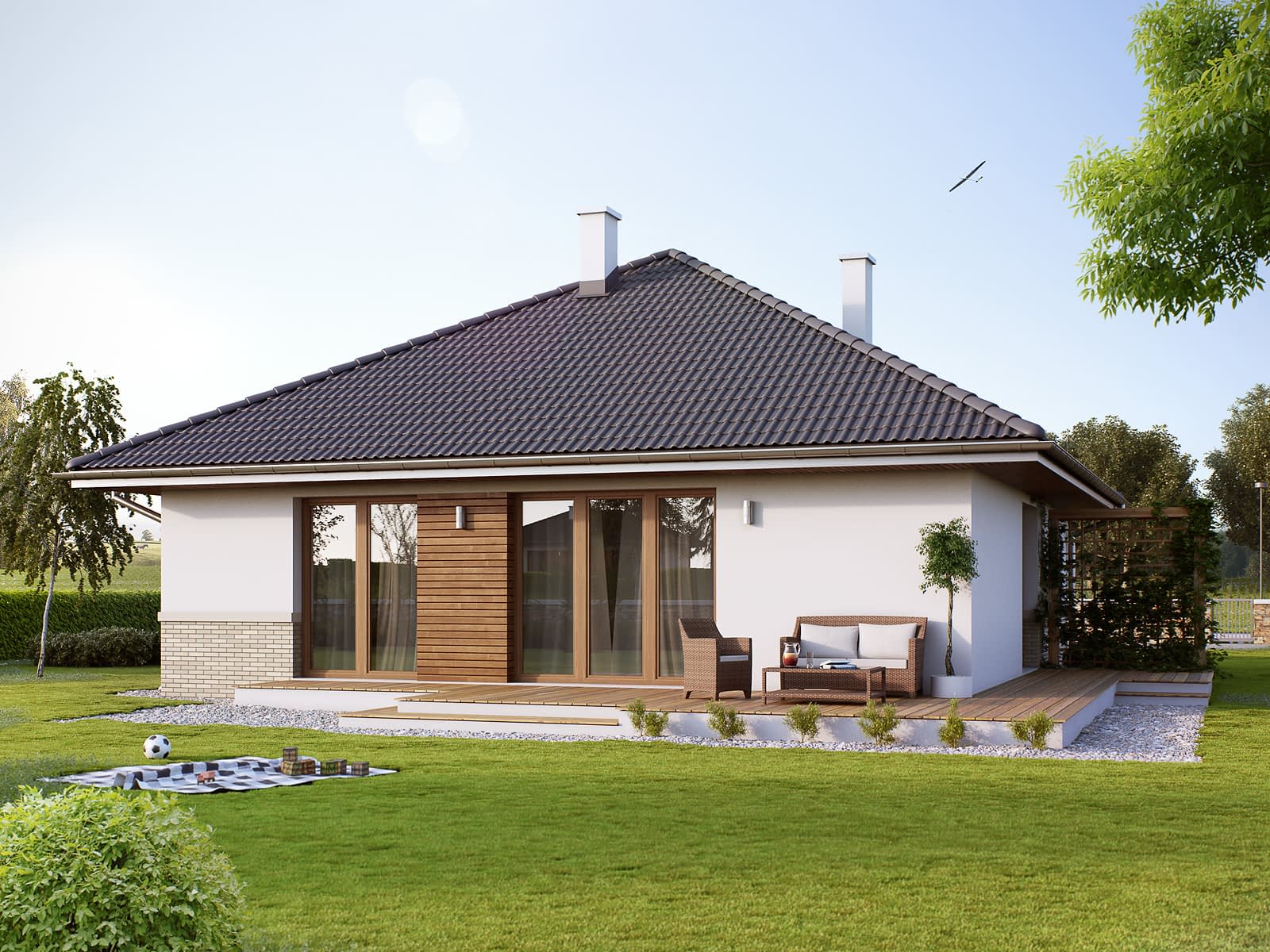





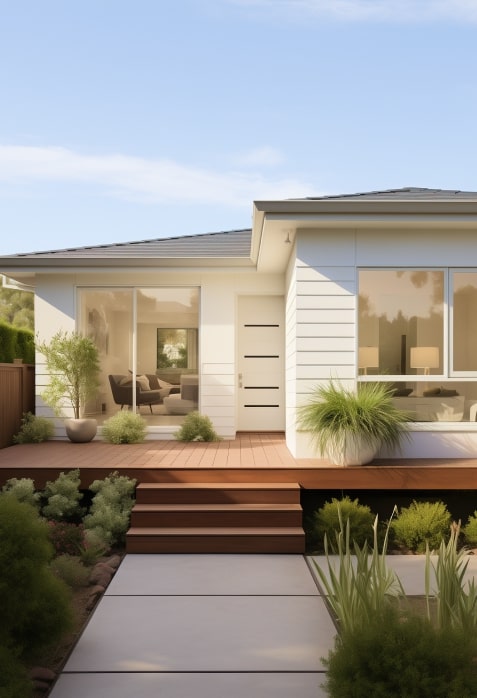
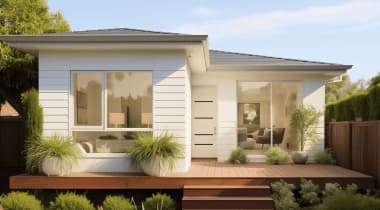











The final price may vary based on project specifics.
To get a free accurate quote tailored to your needs, book a consultation with us today!

The price per square foot provided is an average and may vary depending on project-specific details such as materials, location, complexity, and other factors. Actual costs may differ from the average provided.
It is recommended to obtain a detailed quote based on the specific requirements of your project.

Please note that the monthly payment displayed on this page is an estimate and is subject to variation based on the selected loan product, applicants credit score, loan amount, and other financial details. Actual monthly payment may differ from the estimate provided.
It is recommended to seek advice from a financial advisor or loan officer to obtain precise payment information tailored to individual circumstances.
 Your Trusted
Local Contractor
Your Trusted
Local Contractor
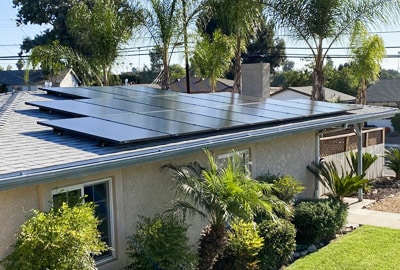
The state of California has been putting significant efforts into achieving greater sustainability by promoting renewable power. Adding solar panels to accessory dwelling units (ADUs) is an effective way to do so.
Solar requirement is a mandatory demand for ADU owners who want to install solar panels in their units. However, this only affects some accessory dwelling units, and the regulatory rules in this field are quite tricky to understand.
If you want to learn more about solar panels and figure out if installing a solar system is mandatory for your accessory dwelling unit, read this article further!
Solar panels are obligatory for all newly constructed ADUs that are detached and not manufactured. This means that solar systems are mandatory for many but not for all ADUs.
So, what exemptions are there from solar requirements? If you do not need to add solar panels in the following cases:
If your ADU is less than 620 sq. ft., the California energy code absolves you of this requirement, since such small units do not significantly affect energy consumption. They meet energy efficiency standards even without solar panels. Also, if your ADU is below 800 sq. ft., solar panel installation may not be necessary if the property abides by specific shading rules. These rules state that the sunlight area that covers the ADU each year should be less than 80 sq. ft. because of shade from elements such as trees and greenery, hills, or other nearby structures. Additionally, if a small roof makes solar panels an impractical option, solar installation is also optional.
Some communities take care of renewable energy sources collectively. If your community already provides solar panels, which are shared property, you don’t have to install them on your private ADU, even if the ADU meets the criteria of newly constructed, detached, and not manufactured ADUs. The position of solar panels is typically in areas of the community that receive plenty of sunlight to maximize energy production. Subsequently, the electricity produced by the communal solar panels will go to the homes participating in the venture.
The solar energy requirement applies only if an ADU is a new construction. Thus, if you’re converting an existing space, like a garage conversion or building a unit adjacent to your main house, solar installations are unnecessary.
If the ADU is bigger than 1125 sq. ft., the climate zone doesn’t matter. But in many cases, it does. California has defined minimum requirements for solar power installation. For example, even those ADUs that are smaller than 620 sq. ft. may require solar panel system installation in certain climate zones. This mismatch is due to the fact that small ADUs may have lower energy consumption needs in cooler climates compared to areas with warmer climates.
Summing up, whether you need a PV system or not depends on a whole array of different factors, varying from ADU size and type, amount of shading, climate zone, and many others.
If you want to know how to meet energy requirements, we recommend asking your ADU builders. Usually, they cooperate with a solar company, knowing the Californian ADU owners need solar setup services. For now, let’s consider what actions you’re going to take in theory.
Striving for net zero emissions in the near future, the California Energy Commission established prescriptive energy requirements. There are two options that can describe your current situation:
In the first case, you may choose to install solar panels either on your ADU or on your primary house. If you have only a primary dwelling unit, energy code requirements don’t apply to you. However, if you’re planning a detached ADU that is a new construction, keep in mind that there are numerous solar requirements you need to comply with.
In the second case, you can add more solar panels for your ADU, including them in your ADU’s permit application. When expanding the existing system of panels in the main residence, you might have to improve your electrical service before installing new panels.
The most fitting ADU surface for solar panels is the one that offers effective annual solar access. It has to have little to no obstructions in the way of the sun (unshaded solar access). For example, existing permanent natural or human-made barriers that are in the way of the sun may reduce their effectiveness.
Additionally, solar requirements encompass such factors as the right roof (or other surface) orientation, maximizing exposure to sun rays. In general, it makes sense to choose flat roofs that face south. Moreover, homeowners should not forget that solar panels are heavy, so when you add solar panels, make sure the roof is durable and sturdy to support their weight.
While many ADU owners choose roofs for solar systems, it’s also possible to mount them on the ground, attached to a garage or a shed, or situate them on the awning or on top of a pergola if construction allows so.
Summing up, when equipping your ADU with energy-efficient solar panels, you need to pick their location strategically in order to capture more sunlight and maximize the production of energy.
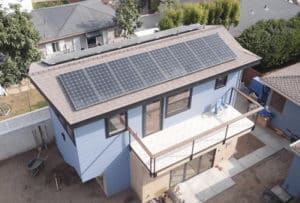
With solar panels required for ADUs in California, it might not seem very easy. When you build accessory dwelling units, you already spend a lot on on-site preparation, ADU construction, utility connection, various permits, and other essential elements of the ADU building. So, are solar panels just another expense item?
In fact, there are many substantial benefits that ADU solar panels grant, including:
Would you prefer your energy bills to be substantially reduced? With solar energy, you don’t need to rely on grid electricity. You have your own electricity that generates itself effortlessly after installation, eliminating the need to spend a significant amount of money each month and leading to long-term savings.
Besides electricity costs, adding solar panels leads to such a positive outcome as full independence from the common electrical system. For instance, during power outages, when others have to do without energy, your self-sufficient ADU will remain unaffected.
Solar panel installation or PV system installation may increase the overall value of your property. The thing is that potential buyers see solar panels as a positive modification that helps to cut energy costs. Thus, they can boost the value of your lot on resale.
Your energy-efficient ADU not only utilizes renewable energy sources but also reduces the carbon footprint. By switching to solar energy rather than electricity, you contribute to reducing the global energy consumption of fossil fuels.
California has diverse climate zones, from deserts and mountains to coastal areas. This leads to a broad range of weather conditions. Modern solar panels can convert not only direct but also indirect sun rays into energy, so even in zones that have less light, they’re still a valuable investment.
All in all, solar panels on ADUs allow you to save a lot on every electricity bill, reduce the environmental impact of your residential space, become autonomous from the common electrical grid, and invest in your future.
Yes, in California, you can and, in certain cases, must put solar panels on your ADU. Solar panel requirements may differ from one district to another, but newly constructed, non-manufactured ADUs usually fall under Title 24. On the other hand, any attached ADU or existing detached building converted from non-livable construction doesn’t need to comply with solar requirements.
When you decide to install solar panels, solar providers will estimate how many of them you need. What’s enough energy for a small unit with a flat roof is not at all enough for a larger building with a steep roof. Also, solar panel capacity, energy consumption of the ADU, geographic location, and weather conditions also play a key role.
Sure, an ADU can be off-grid, but in some areas, there’s an additional requirement for backup energy sources like solar panel batteries. The main rule is energy supply sustainability. So you need to make sure your unit can function independently from the grid.
Generally, installing solar panels on residential ADUs necessitates an electrical permit. Since the process involves electrical wiring and connecting to the electric system of the house, you can’t perform these unsafe works without special permission.
Get a First Look at Real ADU Projects